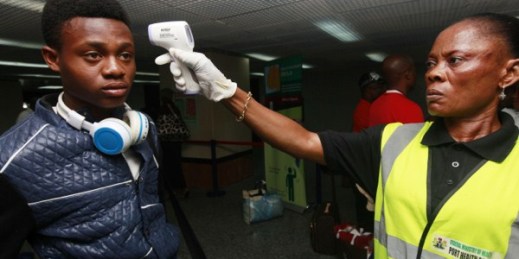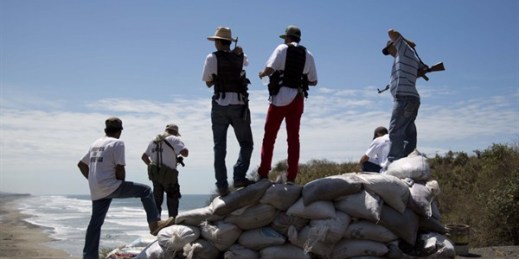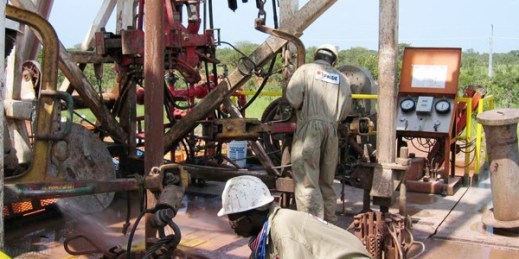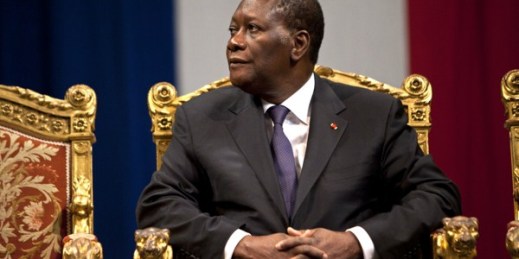
On Oct. 20, the World Health Organization declared Nigeria “free of Ebola transmission,” meaning that 42 days had elapsed since the last new case developed. Nigeria’s Ebola outbreak began in July, when an infected Liberian diplomat arrived in Lagos, Nigeria’s largest city. The outbreak included 19 cases, of which seven proved fatal (other sources give the numbers as 20 cases and eight deaths). The international news media, accustomed to portraying Nigeria negatively, has rushed to publish story after story lauding Nigeria’s efforts against Ebola and explaining how Nigeria stopped the outbreak. Nigeria’s plaudits on Ebola are deserved, but the halt […]



